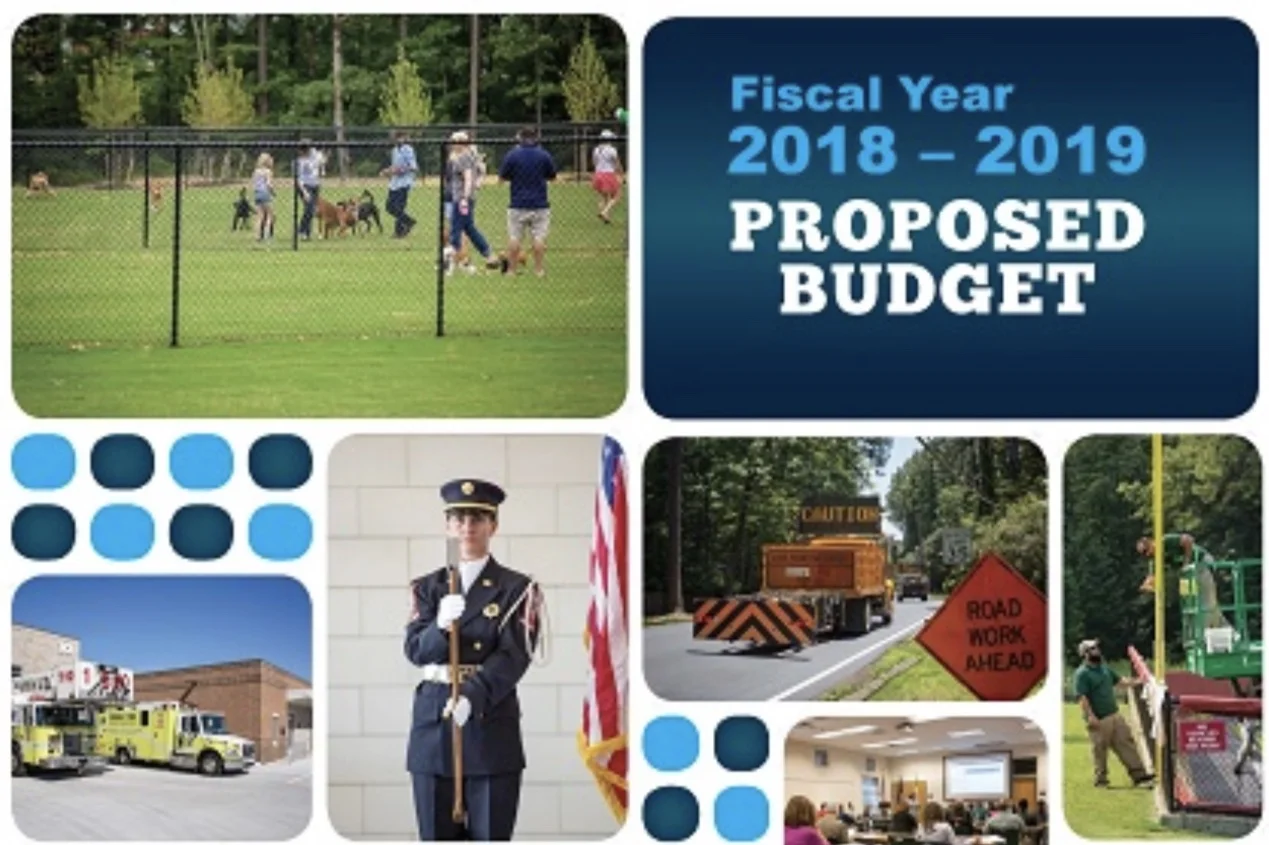TAKE ACTION
When Henrico’s County Manager introduced their budget earlier this month it included historic increases for public transportation. An additional $1.2 million would add weekend and evening service to the #7, #19, and #91—Henrico’s three main routes. Additionally, the County would extend the #19 all the way to the Wegmans in Short Pump! This is huge and welcomed news! This past week, as the budget continued to work its way through the review process, “supervisors expressed support for the bus service investment, which came after months of talks among board members, the county manager and staff.” More and more, it looks like this desperately needed expansion of public transportation will happen.
So, Henrico citizens! Please continue to let the Board of Supervisors know that you support this amazing expansion of our public transportation network. Just drop them all a quick, positive email thanking them for their work on this and encouraging them to keep the full $1.2 million in the proposed budget. You can find all of their email addresses right here.
AROUND THE REGION
Chesterfield County has announced a pilot transportation program in partnership with Uber. County residents “who do not own a vehicle and are undergoing treatment for opioid addiction through the county’s Mental Health Support Services Department” can receive free rides via Uber. While this program is useful for the very limited segment of folks who qualify to use it, it is not a substitution for real, fixed-route public transportation in Chesterfield County—specifically along major corridors like Jefferson Davis Highway and Midlothian Turnpike. Also keep in mind that this program does not allow people to get in to Chesterfield County to take advantage of resources like John Tyler Community College or jobs near the Chesterfield Town Center.
ELSEWHERE
The Washington Post details the falling ridership numbers in most major American transit cities. Which systems have avoided these losses? Seattle, Phoenix, and Houston which “either expanded transit coverage and boosted service or underwent ambitious network overhauls.” If your region ignores transit and fails to invest in it, the quality of the system gets worse, fewer people ride, and so begins a terrifying death spiral which we’re seeing in places like Washington D.C. Luckily, Richmond is moving in exactly the opposite direction with major investments like the Pulse, our own network overhaul, free bus passes for Richmond Public High School students, and, now, expansion of public transportation in Henrico County.
OK, so what does investing in your transit system look like? What can we learn from the cities across the nation that have avoided ridership losses? This piece on Streetsblog lays it out!
Portland, Oregon has some of the highest fare evasion fines in the country—$175! However, they’ve got a bunch of interesting proposal on deck to keep fare evaders—especially low-income riders—out of court. When the Richmond region opens the Pulse (soon!), we’ll also need our own fare evasion policy. Richmond City Council will consider setting a max fine for fare evasion at $100 this coming Monday.
If you'd like to support RVA Rapid Transit's work to bring a truly regional transit system to Richmond, consider picking up an awesome transit map T-shirt or making a tax-deductible donation.

